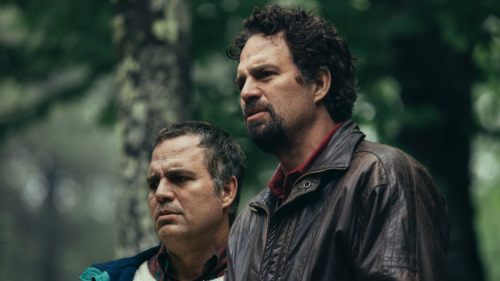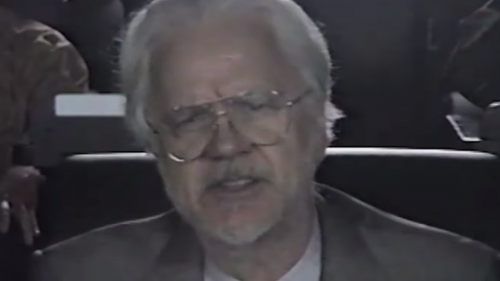DARK WATERS Review: The Cost Of Speaking Truth To Power
At first glance, Dark Waters might seem like an odd choice for director Todd Haynes, who is otherwise most noted for the queer emotional depths of Velvet Goldmine and Carol. Being advertised as from the producers of Spotlight, Dark Waters has the look and feel of a standard investigative procedural, unearthing the deadly secrets that underpin our society in a detached, informational, only nominally narrative fashion, and it therefore seems to lack the humanist spark that underlies Haynes usual oeuvre. However, when you actually watch the film, you start to recognize what exactly might have drawn Haynes to Matthew Michael Carnahan’s and Mario Correa’s screenplay, and while the resulting film is still the procedural being advertised, the emotional heart of the story is pure Haynes.
Dark Waters is the story of Rob Bilott (Mark Ruffalo), a corporate defense attorney newly made partner at his firm in the late 1990s. When an acquaintance of his grandmother’s, a West Virginian farmer named Wilbur Tennant (Bill Camp), comes unannounced to Bilott’s office and demands representation, Bilott is at first put off by the man, claiming that there’s little he can do as an attorney specializing in corporate interests. But when Bilott investigates the matter, he discovers that Tennant’s farm has fallen victim to extreme poisoning due to waste disposal by the DuPont chemical company, and as he investigates further and further into the rabbit hole of unregulated chemical manufacturing, Bilott’s life becomes consumed with the pursuit of finding justice for Tennant, the people of West Virginia, and, eventually, the worldwide victims of DuPont’s chemical pollution.
Bilott’s story nails these beats with the normal self-righteous conviction of an Oscar-contending social issue film, with revelations of corporate wrongdoing giving way to greater and greater conspiracies that almost make Bilott sound crazy, yet are entirely verifiable by the mountains of documents the attorney investigates over the course of more than a decade. And while Haynes shows himself to be engaged with the tragedy of DuPont’s corrupting influence on the world, his true interest is in how fighting such a monolithic company can affect those who take up the fight. Ruffalo’s transformation from ambitious, corporate insider to neurotic, obsessive champion of rural West Virginia is gradual as it is disturbing, and it highlights the cost of speaking truth to power.
Bilott’s nominally supportive wife (Anne Hathaway) is constantly frustrated by his commitment to his work at the cost of the health of their marriage and his relationship with his sons. His boss (Tim Robbins) is supportive of his righteous cause, but constantly places pressures on him to consider the cost of this crusade on the law firm. The West Virginia community where DuPont is the leading employer turns against Bilott and Tennant, scared of losing their jobs even as the products that DuPont manufactures may turn out to be fatal to them. But worst of all is the diminishing physical and mental health that Bilott and Tennant suffer as the result of their fight for justice, which only doesn’t break them for the effort they put into standing up for the truth. These factors combine in a slow, agonizing march of a film that shows the toll of fighting for what’s right and the burden of every victory being thwarted despite years of effort. The emotional weight of that burden is fascinating and devastating to parse.
Dark Waters may be a heavy-handed procedural that shines a light on the corporate evils of modern America, but it’s so intensely personal of a film that it's easy to forgive the moments that adhere to the investigative formula. It’s a film based on narrative convention, but the emotions it explores and the baggage it carries are far from standard. It certainly showed me not to doubt the power of Todd Haynes’ direction, even when the project might not seem like it suits him.



